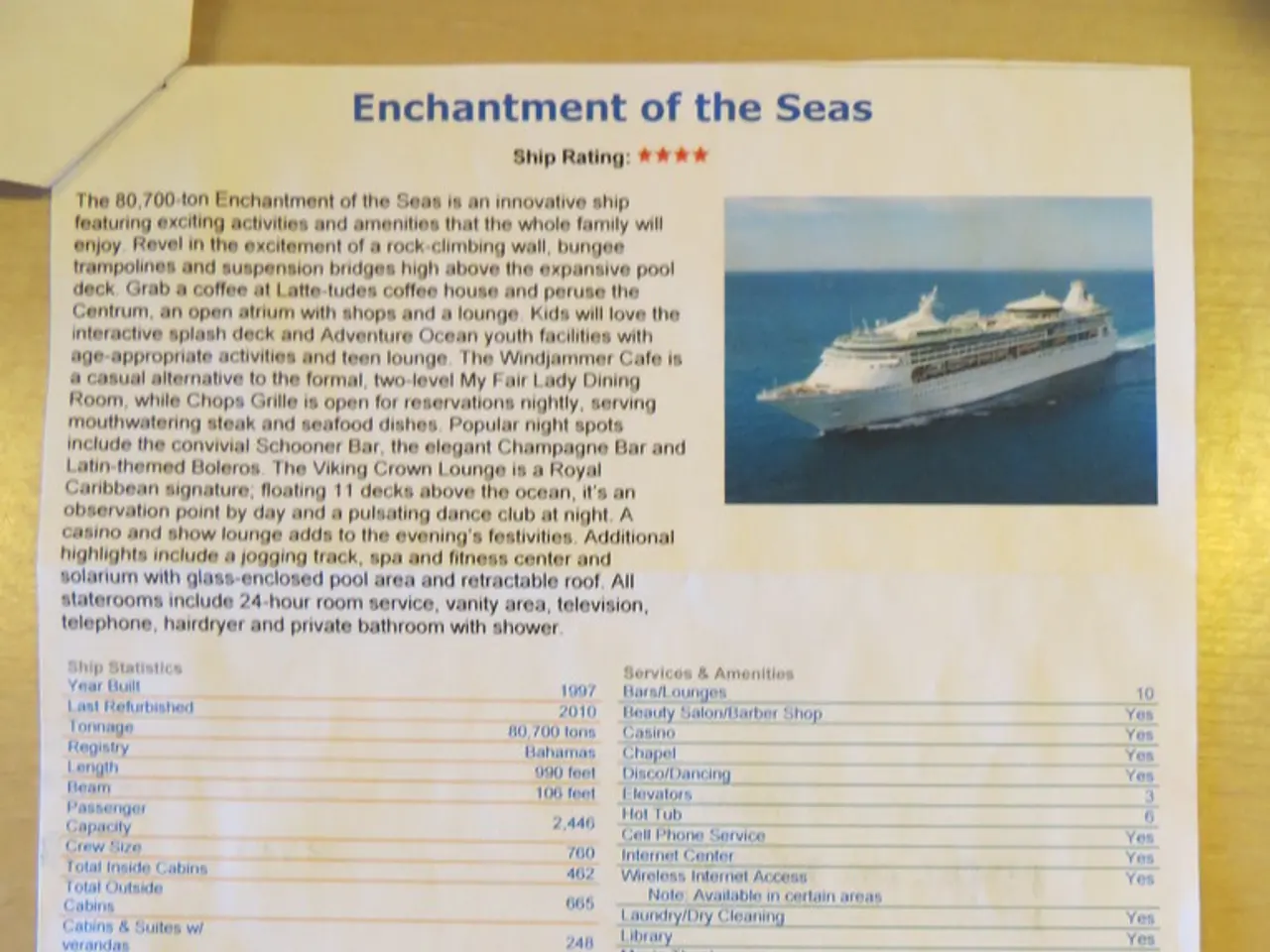Navigating Maritime GPS Interference Issues through RockBLOCK Advanced Positioning and Navigation Technology
In recent years, maritime operators have faced increasing challenges due to GPS jamming and spoofing incidents, particularly in the Eastern Mediterranean and Black Sea regions.
Late in 2019, vessels operating near Chinese ports, particularly around Shanghai, reported widespread GPS anomalies. Ships experienced sudden changes in reported positions, with some appearing to move erratically or vanish from tracking systems. These anomalies were found to be due to GPS spoofing attacks, affecting hundreds of vessels and disrupting port operations.
Similarly, in the Eastern Mediterranean, vessels have been falsely located at airports, and ships have been misled into high-risk territories. One notable incident occurred in July 2019, when the UK-flagged oil tanker Stena Impero was seized by Iranian forces while transiting the Strait of Hormuz. Investigations suggest that the vessel's navigation systems were subjected to GPS spoofing, causing it to deviate into Iranian territorial waters.
The Black Sea, near Crimea, has also been a hotspot for GPS spoofing incidents since November 2023. Spoofed GPS data often place the affected receivers at or near Sevastopol, Crimea, causing position errors and uncommanded navigational changes for aircraft.
Regular GPS jamming is reported in Turkish airspace, particularly in the Ankara Flight Information Region (FIR) and near the border areas overlapping Iraqi (ORBB/Baghdad) and Iranian (OIIX/Tehran) FIRs. This area experiences persistent GPS jamming and spoofing, impacting vessel navigation critically.
The Strait of Hormuz and Persian Gulf have witnessed frequent reports of signal interference affecting both aircraft and vessels. Over 970 ships experienced GPS interference in the week before June 20, 2025, reflecting the severity of disruption in one of the world's most strategic maritime chokepoints.
These incidents pose serious navigational hazards, operational disruptions, and economic impacts for the shipping industry. Navigation risks and collisions increase due to inaccurate vessel position data, leading to groundings, collisions, or near-miss incidents. Ships are altering routes, delaying passages, or restricting navigation to daytime to mitigate the risks from GPS interference. Traffic reductions of around 20% in the Strait of Hormuz have been observed, with a notable rise in tankers idling offshore.
The recurring GPS interference demonstrates a form of "grey zone" conflict, where adversaries disrupt maritime and air navigation without overtly stopping traffic, complicating security assessments and response planning in these geopolitically sensitive regions.
To avoid and prevent spoofing and jamming attacks, commercial shipping companies can support risk-based routing. Here, shipping companies use historical spoofing "heat maps" to reroute vessels around known interference zones, such as the Baltic Sea, Eastern Mediterranean, and any other region or zone with geopolitical tensions.
Iridium PNT is a secure alternative for acquiring positioning, navigation, and timing (PNT) information anywhere in the world. Iridium PNT is a one-way signal broadcast via the Iridium satellite constellation, 1,000 times stronger than GPS, making it far more resilient to jamming. Satellite systems can detect GNSS/GPS spoofing and jamming by identifying inconsistencies via a number of indicators and parameters.
GPS jamming and spoofing are significant threats to maritime operators, causing operational disruptions and compromising navigation, safety, and compliance monitoring. Authorities and shipping operators continue to monitor and adapt to this evolving threat landscape.
In response to increasing GPS spoofing incidents in various maritime regions, ground control can enhance connectivity by providing real-time data about potential threats to improve cybersecurity measures. Technology like Iridium PNT, with its resistance to jamming, could be a crucial solution for ensuring the resilience and safety of vessels in these geopolitically sensitive areas.




